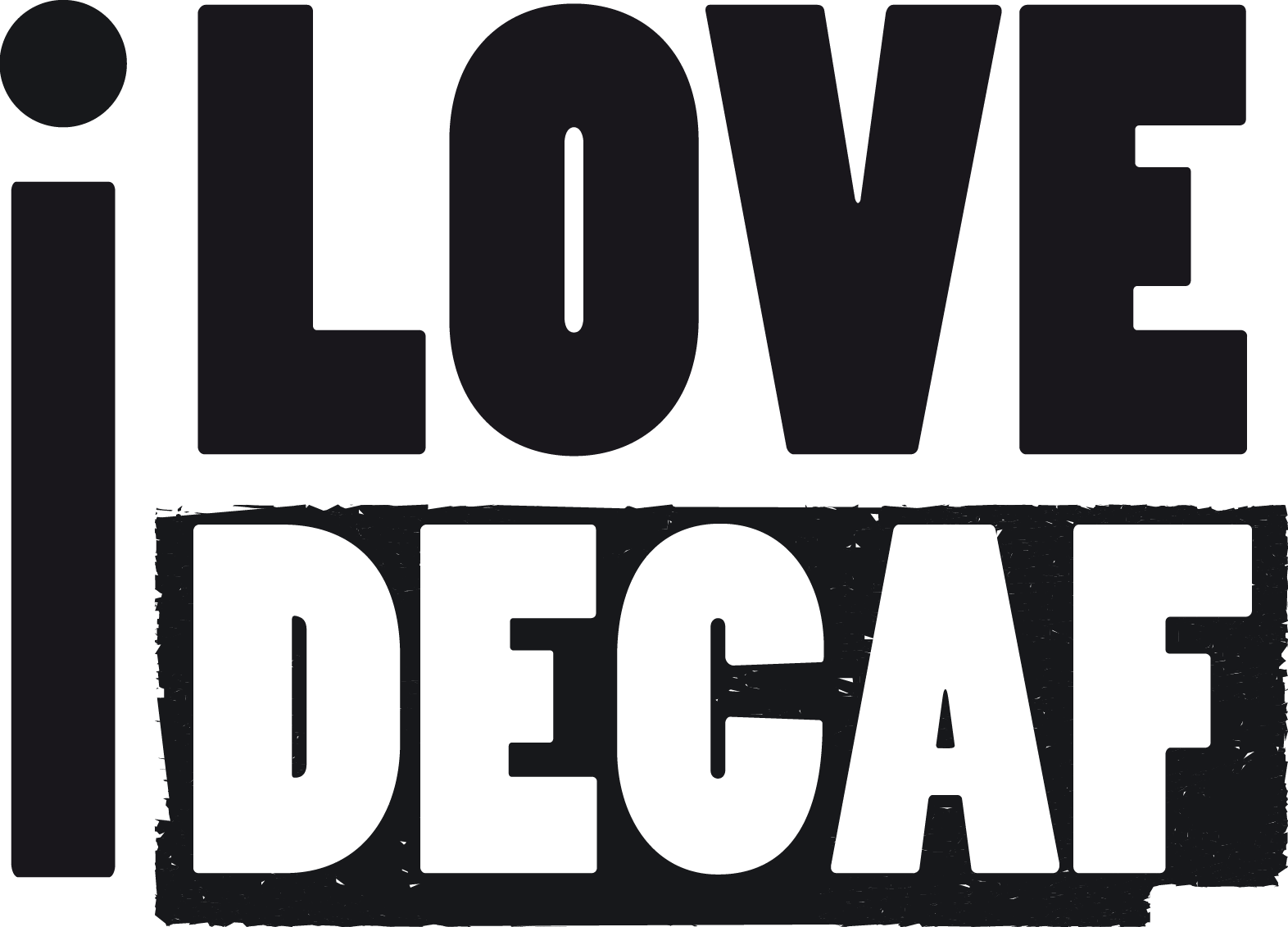How Britain’s youngest coffee drinkers killed the decaf stigma (and why that matters)
The Generational Coffee Revolution
Remember when ordering decaf was basically admitting defeat? When baristas looked at you with thinly veiled pity, like you’d just asked for a salad at a steakhouse? Those days are deader than dial-up internet, and we have two generations to thank: Millennials and Gen Z.
These aren’t your parents’ coffee drinkers. They’ve grown up with speciality coffee, sustainability consciousness, and anxiety levels that would make a Victorian fainting couch blush. And they’re not just drinking decaf – they’re demanding it be exceptional.
The result? A complete transformation of the UK decaf landscape that’s making everyone rethink what coffee can and should be.
Why Millennials Embraced the Decaf Life
The Anxiety Reality Check
Let’s talk about the elephant in the coffee shop: Millennials are anxious. Like, really anxious. Growing up during multiple economic crises, climate change awareness, and the birth of social media didn’t exactly create a generation of zen masters.
Add daily caffeine consumption that would make a Victorian-era cocaine enthusiast nervous, and you’ve got a recipe for disaster. Millennials figured out that perhaps – just perhaps – consuming substances that make you vibrate at frequencies visible from space wasn’t helping their mental health.
The revelation: You can love coffee without needing to feel like you’re about to spontaneously combust during important meetings.
The Sleep Hygiene Awakening
Millennials discovered sleep hygiene the way previous generations discovered penicillin – as a life-changing revelation. Apps tracking sleep cycles, meditation before bed, and evening routines that don’t involve staring at ceiling fans until dawn.
Decaf became the perfect solution for those who wanted their evening coffee ritual without the 3 AM ceiling-staring sessions. Because Instagram might be forever, but that perfect after-dinner espresso doesn’t need to keep you awake until you see it trending.
The Quality Demand
Here’s where Millennials changed everything: they refused to accept bad decaf. This generation grew up with speciality coffee shops, single-origin beans, and baristas who could explain flavour notes like sommeliers. They weren’t about to settle for decaf that tasted like disappointment mixed with hot water.
The ultimatum to coffee roasters: Make decaf that doesn’t suck, or we’ll find someone who will.
Gen Z: The Decaf Natives
The Wellness-First Generation
Gen Z didn’t have to unlearn bad coffee habits – they started with good ones. This generation approaches coffee like they approach everything else: with intentionality, research, and zero tolerance for compromising their values.
They want coffee that:
- Supports their mental health goals
- Aligns with their sustainability values
- Tastes amazing without apology
- Fits their lifestyle without dictating it
Decaf checks all these boxes, so Gen Z adopted it without the baggage previous generations carried.
The Social Media Effect
Instagram and TikTok have been surprisingly good for decaf. When your coffee needs to be photogenic and your lifestyle needs to be aspirational, decaf’s aesthetic appeal matters. Beautiful latte art, gorgeous packaging, and the ability to enjoy evening coffee without disrupting your sleep schedule for tomorrow’s content creation? That’s social media gold.
#DecafLife became cool because it represents choice, control, and self-care – values Gen Z champion across every aspect of their lives.
The Sustainability Imperative
Gen Z doesn’t just want sustainable coffee – they demand it. Chemical-free processing methods like Swiss Water and CO2 align perfectly with their environmental values. They’re not just buying coffee; they’re voting with their wallets for the kind of world they want to live in.
How These Generations Changed UK Decaf
Quality Standards Revolution
Before Millennials and Gen Z, decaf was an afterthought. Coffee roasters used their cheapest beans and most basic processing methods because “nobody really cares about decaf quality.”
Big mistake.
These generations care deeply about quality and aren’t afraid to switch brands, leave reviews, or create viral TikToks about disappointing coffee experiences. UK roasters quickly learnt that decaf customers have just as sophisticated palates as regular coffee drinkers – sometimes more so.
The Premium Market Creation
Millennials and Gen Z proved there was a market for premium decaf. They’ll pay speciality coffee prices for exceptional decaf because they understand value isn’t just about caffeine content.
This economic reality transformed the UK market:
- Speciality roasters started dedicating serious resources to decaf programmes
- Premium processing methods became standard rather than optional
- Single-origin decaf moved from novelty to expectation
- Innovative brewing methods were applied to decaf with the same enthusiasm as regular coffee
The Marketing Transformation
Gone are the apologetic “we also have decaf” signs. These generations demanded confident, celebratory marketing that treated decaf as a legitimate choice rather than a consolation prize.
UK brands responded with:
- Bold packaging design that doesn’t hide the decaf designation
- Flavour-forward descriptions focusing on taste rather than what’s missing
- Lifestyle positioning that celebrates choice and intentionality
- Honest communication about processing methods and sourcing
The UK Market Response
Speciality Roasters Step Up
Rounton Coffee Roasters recognised early that young coffee drinkers wanted decaf options that matched their regular coffee quality. Their commitment to premium decaf processing attracted exactly the demographic driving market growth.
Volcano Coffee Works embraced single-origin decaf, understanding that Millennials and Gen Z wanted to explore different flavour profiles without caffeine limitations.
I Love Decaf was founded specifically to serve this new generation of decaf drinkers – coffee lovers who refused to compromise on taste or fun. Our “BAGS OF PERSONALITY” approach resonated with people who wanted their coffee choices to reflect their values and lifestyle.
High Street Adaptation
Even mainstream retailers noticed the shift:
- Waitrose expanded their premium decaf selection
- Tesco introduced organic and single-origin decaf options
- Independent coffee shops started featuring decaf prominently rather than hiding it
The Innovation Acceleration
Young consumers drove innovation across the decaf category:
- Cold brew decaf hit supermarket shelves
- Decaf espresso pods became premium products rather than afterthoughts
- Instant decaf improved dramatically in quality
- Nitro decaf appeared in trendy coffee shops
The Social and Cultural Shift
From Shame to Pride
Millennials and Gen Z transformed decaf from something you ordered quietly to something you posted about. The shame disappeared, replaced by pride in making intentional, health-conscious choices.
Social proof became powerful: when your friends see you thriving on decaf, looking better rested, and still enjoying amazing coffee, they start questioning their own caffeine dependency.
The Conversation Change
Coffee shop conversations shifted from “Why are you drinking decaf?” to “What decaf are you drinking?” The focus moved from justification to recommendation, from apology to celebration.
The Workplace Impact
Young professionals brought their decaf preferences to work, influencing office coffee purchasing decisions. Suddenly, workplace coffee had to include quality decaf options or face complaints from the very employees companies were trying to attract and retain.
The Health and Wellness Connection
Mental Health Awareness
Both generations approach mental health with unprecedented openness and proactivity. They recognise caffeine’s role in anxiety, sleep disruption, and stress cycles – and they’re not willing to sacrifice mental health for coffee tradition.
Decaf becomes self-care: A way to maintain coffee culture whilst supporting psychological well-being.
Sleep Optimisation
Sleep became a performance metric for these generations. Apps track sleep quality, and evening routines are carefully curated to support rest. Caffeine after 2 PM became as outdated as smoking indoors.
Decaf enables flexibility: Enjoy coffee whenever you want without compromising sleep quality.
Digestive Health
Younger consumers are more aware of how caffeine affects digestion, particularly those with anxiety-related stomach issues. Decaf provides coffee’s digestive benefits without caffeine’s potential stomach irritation.
The Future Implications
Market Maturation
As Millennials and Gen Z age, their coffee preferences will continue shaping the market. Expect:
- Premium decaf growth to outpace regular coffee growth
- Innovation focus on decaf processing and flavour development
- Mainstream acceptance reaching older generations through social influence
Quality Evolution
The quality standards these generations established won’t regress. Future decaf will need to meet or exceed current expectations, driving continued innovation in processing methods and bean selection.
Cultural Permanence
The cultural shift is likely permanent. Gen Alpha (the next generation) is growing up in a world where decaf is already normalised and excellent. They won’t need to overcome stigma – they’ll simply expect quality options.
The Broader Coffee Industry Impact
Roaster Investment
Coffee roasters now invest in decaf programmes with the same seriousness as their regular coffee offerings. This means:
- Better equipment for decaf processing
- Premium bean allocation for decaf production
- Staff training focused on decaf brewing excellence
- Research and development dedicated to decaf innovation
Retail Evolution
Coffee retail adapted to serve decaf-positive consumers:
- Prominent shelf placement for decaf products
- Educational materials about processing methods
- Tasting opportunities to overcome remaining hesitations
- Staff knowledge about decaf options and brewing
The Bottom Line: Generational Game-Changer
Millennials and Gen Z didn’t just save decaf from extinction – they transformed it into a thriving, innovative, and respected coffee category. Their refusal to accept poor quality, combined with their values-driven purchasing decisions, forced the entire UK coffee industry to rethink what decaf could be.
The result? A decaf landscape that previous generations couldn’t have imagined: premium quality, innovative processing, confident marketing, and complete social acceptance.
These generations proved that coffee culture isn’t about caffeine – it’s about quality, community, and choice. And decaf, when done right, delivers all three without compromise.
Ready to join the generational shift? Explore our premium decaf collection designed for coffee lovers who refuse to compromise. Because great coffee is great coffee, regardless of generation or caffeine content.

